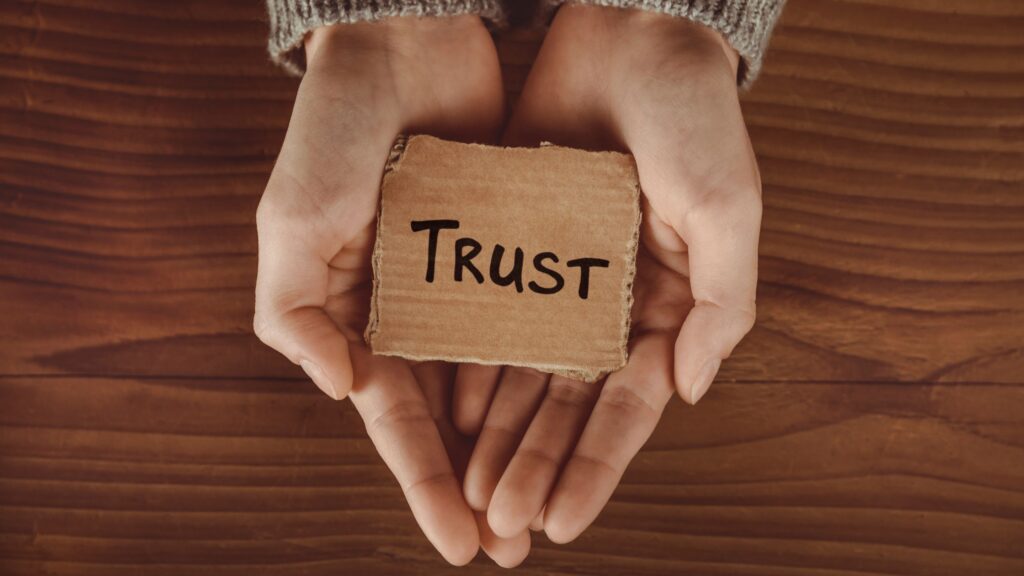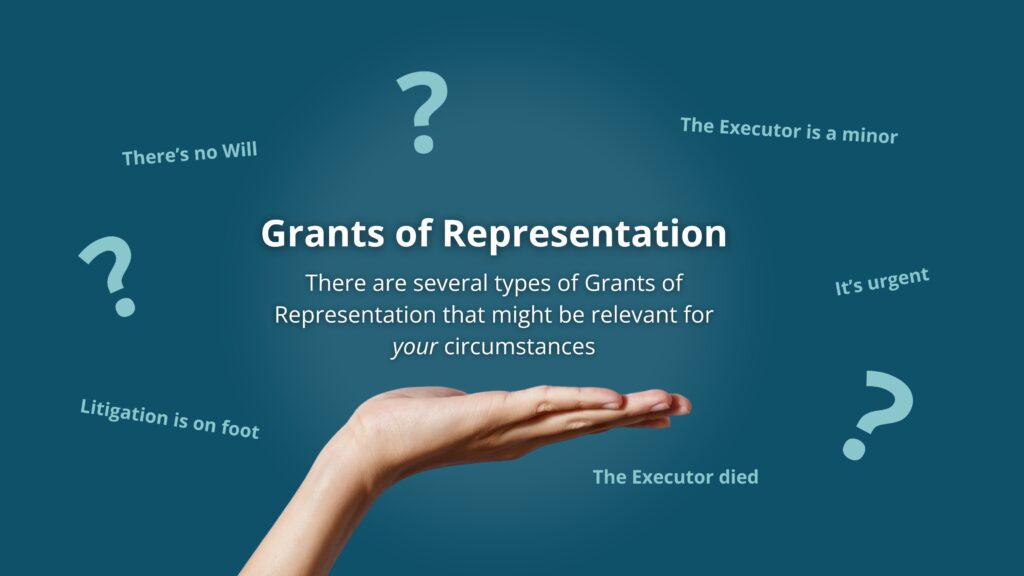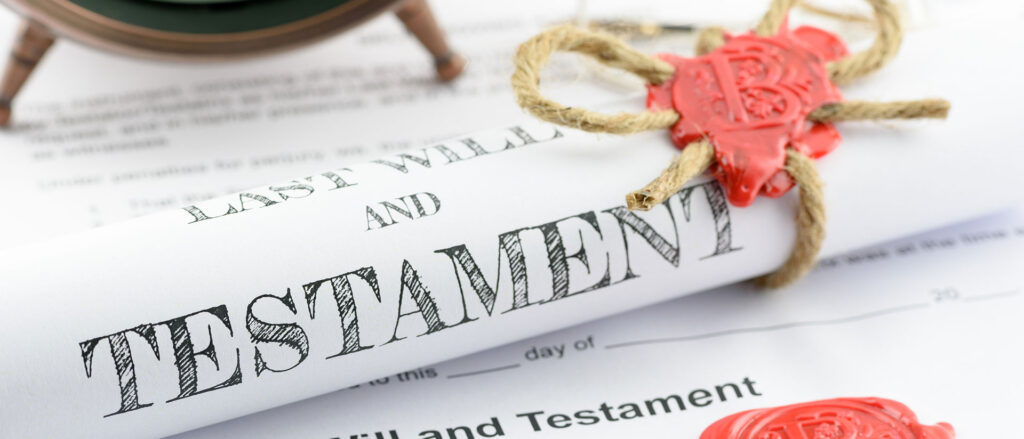The Common Disputes in Deceased Estates
Estate probate and administration can be a complex and contentious process, often giving rise to a variety of disputes. These disputes can occur both before and during the administration of an estate and may involve challenges to the Will, claims against the estate, and new or existing claims against the deceased person for matters arising […]
The Common Disputes in Deceased Estates Read More »










